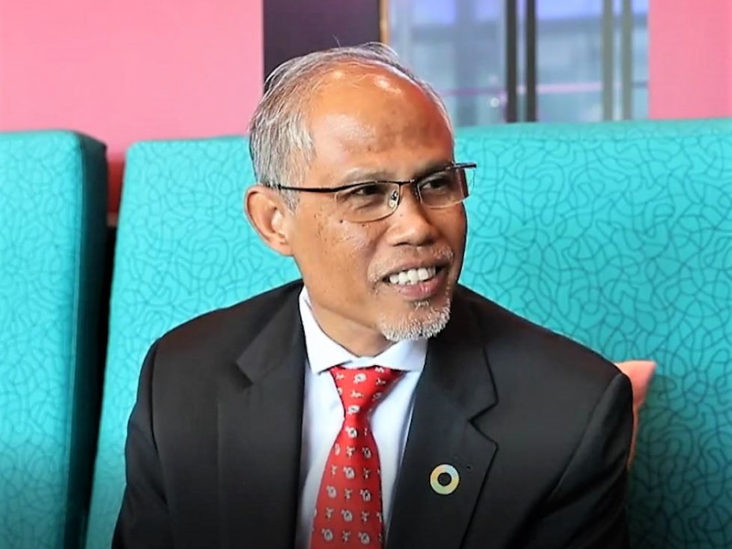Singapore To Be ’45-Minute City-State, Without Promoting Electric Cars’: Minister Of Environment

Singapore will not promote electric cars at the cost of public transport, which better addresses road traffic congestion, according to a top Singaporean official.
“In Singapore, holistically speaking, public transport is not just intended to reduce pollution and carbon emissions, but also to reduce road congestion,” Masagos Zulkifli, Singaporean Minister for Environment and Water Resources, told Emirates News Agency, WAM.
“We want to always keep our roads free for the movement of essential goods and services,” he said in an exclusive interview during his recent visit to Abu Dhabi.
“Our approach does not focus on electric cars although they produce less pollution and use less energy. We aim to provide a good public transport network, which is accessible, affordable and convenient for the people.”
The island-city state has already announced ambitious plans to expand its efficient public transport network. Singapore aims to increase its mass rapid transit, MRT, network from 200km to 360km by 2030.
Eight in ten homes will be within 10-minute walk of a MRT train station. Additional trains and buses are also being added to the fleets. The network of cycling paths will be doubled to over 700km by 2030, according the plan.
“By 2040, we aim for nine in 10 peak-hour journeys to be made via walking, cycling and other car-lite [reducing car usage] means,” Zulkifli, 56, revealed.
“We want to make Singapore a 45-minute city-state; it means most peak-period journeys from home to workplace will take no more than 45 minutes during peak hours,” the minister explained.
Therefore, he believes that people will choose public transport over cars.
“Whether electric or non-electric, it is a car [causing traffic congestion]. So, our approach to transport is to enable public transport as the first choice and the lifestyle choice,” he said.
“If there is any city in the world where you can reduce the growth of private vehicle ownership, it would be Singapore. For the last few years, the growth of private car ownership has been zero percent.”
Asked whether Singapore will ever give any incentives to electric cars, he answered, “We are at this point agnostic about electric cars; we want to curb the growth of private car ownership.”
“This is because, there are alternatives [public transport] that are compelling, affordable and accessible to the people,” he added.
About the carbon tax introduced last year in Singapore, a first in Southeast Asia, he said a US$1 billion to be collected in the next five years would be invested for innovations to reduce carbon emissions.
“There is no exemption for any sector when it comes to the carbon tax. We have signaled to industries to reduce emissions, as the tax may double or triple by 2030,” Zulkifli who became a minister in 2015, explained.
The carbon tax of US$5 per tonne of greenhouse gas, GHG, emissions, came into effect in January 2019. The tax, which intends to encourage industries to reduce emissions, covers about 80 percent of Singapore’s total GHG emissions and supports the city state’s transition towards a low-carbon economy.
Zulkifli is also keenly watching the UAE’s innovative efforts for decarbonisation.
“The UAE has a lot of innovative initiatives to substitute fossil fuels, especially in solar photovoltaic [PV] industry,” he said. “The UAE is at the forefront of innovations. We will also benefit from such initiatives.”
Both countries are cooperating in food security sector as well, the minister said.



